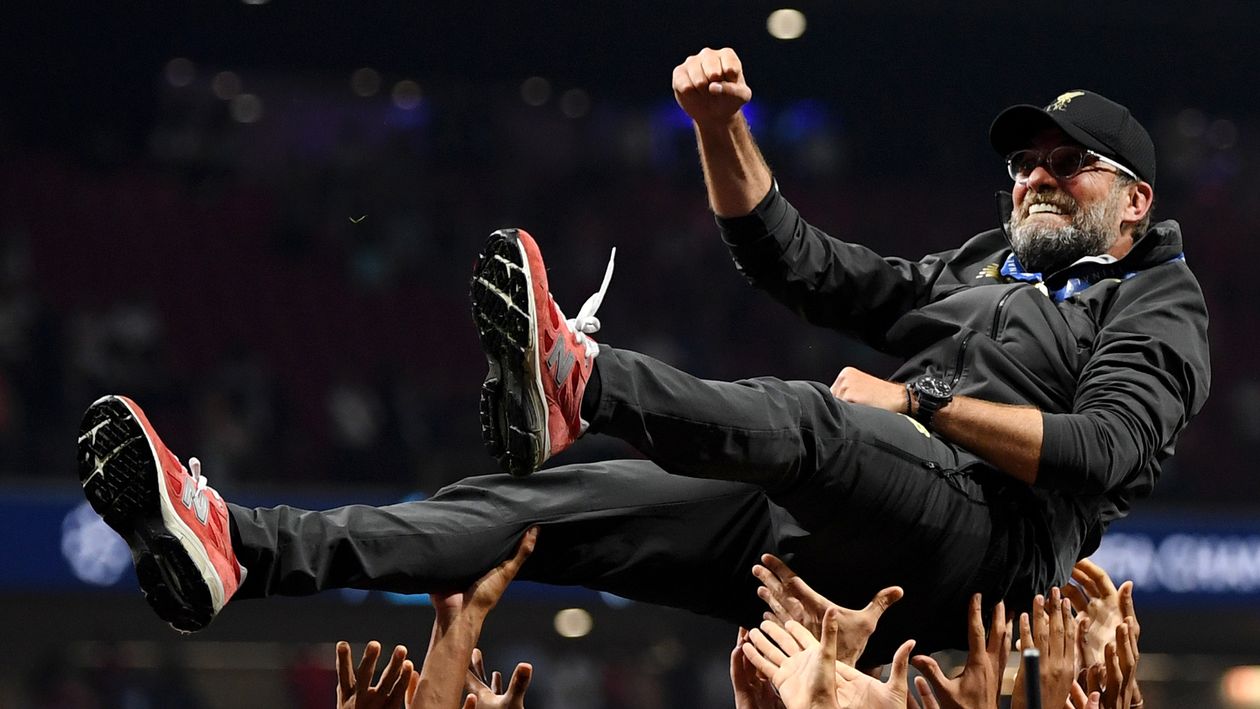When Jürgen Klopp walked into Liverpool Football Club in October 2015, he did not promise instant trophies, superstar signings, or magic solutions. He promised something bigger, bolder, and more sustainable: a culture capable of winning. For CEOs and business leaders, Klopp’s journey offers a masterclass in how to build high performance organizations that outlast hype, withstand pressure, and transform potential into consistent results. Behind the energy, the hugs, and the grin lies a disciplined operating system. It is a set of principles that any executive can adapt to scale companies, unlock human performance, and build teams that are loyal, confident, and fearless.
From the beginning, Klopp’s transformation of Liverpool was rooted in identity. Before demanding results, he defined what the club stood for and what it would never compromise. He believed that identity drives behavior, and behavior drives performance. His mission was to create a group that played with intensity, worked as a collective, and remained emotionally honest with one another. In business, leaders often chase higher performance without first clarifying who they are and why they exist.
Klopp’s approach shows that growth becomes sustainable only when the culture is so clear that anyone inside the system can complete the sentence: “At this company, we…” That clarity became Liverpool’s competitive advantage, a compass that guided decisions, reactions, recruitment, and standards.
His recruitment philosophy reinforced that clarity. Klopp never built teams around the most glamorous individuals. He built them around the right individuals. He evaluated character as skill’s equal, and in some cases as its superior. He understood that organizations collapse when their most talented people are their most toxic. Under Klopp, players were chosen for resilience, humility, hunger, and alignment with the club’s identity. In business, many leaders hire brilliance that destroys cohesion, slowing down the very companies they want to accelerate. Klopp offers a counter framework: talent may deliver moments, but character sustains seasons. High performance is rarely about collecting stars. It is about constructing a system of people who elevate one another.
Leadership for Klopp also meant mastering the emotional contract between a leader and their team. He never tore down his players in public, even when they failed. In public, he absorbed pressure and protected morale. In private, he confronted performance issues with direct honesty. That balance created an environment where players felt safe yet accountable. Teams deliver their best not when they are afraid, but when they believe their leader will defend them externally and challenge them internally. Many CEOs do the opposite. They protect their ego in public and punish their people in front of audiences, and then wonder why loyalty never compounds. Klopp shows that loyalty is earned through emotional intelligence, not positional authority.
His management also placed unusual importance on confidence. Klopp treats confidence the way a chief financial officer treats liquidity: without it, nothing moves. Under pressure, people do not default to their skill level. They default to their confidence level. To keep confidence high, Klopp removed fear from the environment. Mistakes were treated as coaching material, not identity. Pressure moments were reframed as opportunities to express ability, not avoid failure. The psychology is transferable to boardrooms. Bold decisions are made by confident teams. Cautious cultures only produce safe actions, and safe actions rarely build market leaders.
The path to Liverpool’s eventual triumphs was not smooth. Klopp lost finals, missed opportunities, and endured public setbacks. Yet he refused to treat failure as a verdict. Instead, he treated it as data. Losing, for him, was not the opposite of winning. It was preparation for it. In business terms, he institutionalized learning. Every disappointment strengthened clarity, resilience, and execution. This mindset is critical for executives. Setbacks in product, sales, or strategy are not permanent stains unless leaders choose not to extract the lesson. Klopp took the long view and the long view eventually delivered historic results.
Authenticity was the final pillar of his leadership system. Klopp did not pretend to be flawless, all knowing, or invincible. He laughed openly, admitted errors, and spoke plainly. Authenticity built trust, and trust built speed. In companies where leaders are performative, employees tell them what they want to hear instead of what they need to hear. But when leaders are real, people tell the truth, and truth accelerates decision making. Authenticity, in Klopp’s world, is not softness. It is clarity without hypocrisy.
Most importantly, Klopp built systems, not moments. The trophies Liverpool won were not isolated achievements. They were outputs of a cultural machine designed with intention. He built a talent pipeline, emotional alignment, shared mission, and non negotiable standards. Too many executives chase sudden wins, viral campaigns, short term profits, or investor pleasing spikes. Klopp built structures that produce consistency, not flashes. Moments create excitement. Systems create empires.
Jürgen Klopp is therefore much more than a football manager. He is a leadership case study. His blueprint for CEOs is unmistakable: define identity before demanding performance, hire character as carefully as capability, protect your people in public and challenge them in private, treat confidence as a strategic resource, convert failure into institutional learning, lead with authenticity, and build systems that can win repeatedly, not occasionally. Beyond the touchline, that is how leaders build organizations that do not merely work, but win.










